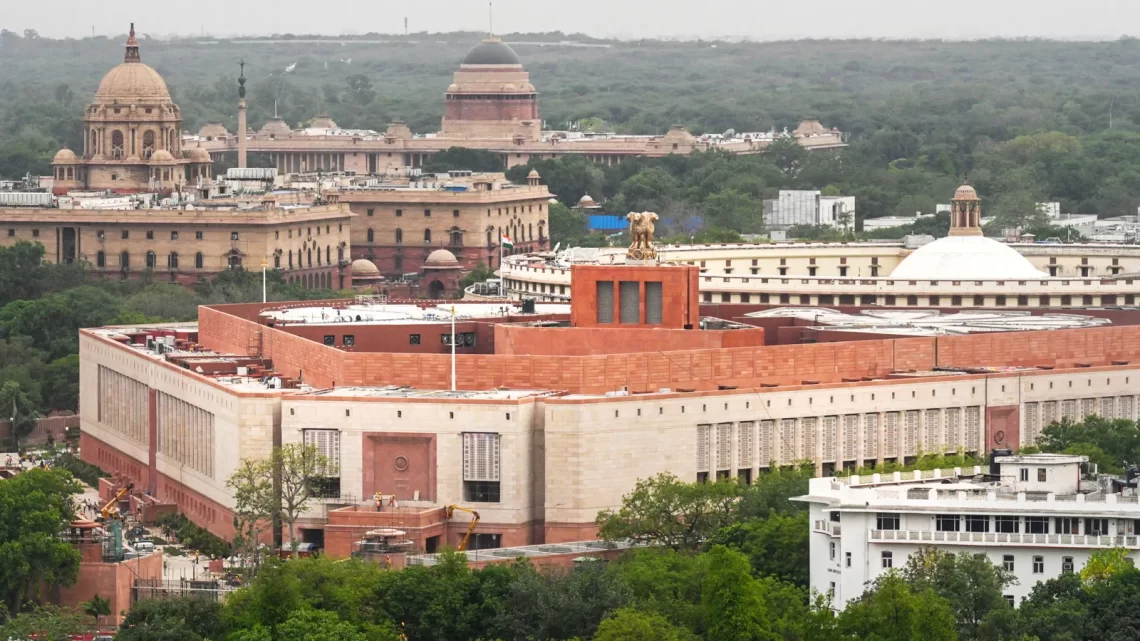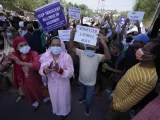
India’s Democracy into A Question: Lok Sabha Elections 2024
May 10, 2024Prince Patel’s anticipation to exercise his democratic right in Surat’s elections turned into disappointment when polling booths failed to materialize. Despite diligently waiting for five years to cast his vote and express his discontent with Prime Minister Narendra Modi’s government, Patel found himself deprived of this opportunity.
The Election Commission of India (ECI) had already declared Surat’s seat in favour of Modi’s Bharatiya Janata Party (BJP) prior to the scheduled voting date. The cancellation of the opposition Congress party’s candidate nominations, along with five others, left the field open for the BJP, with the remaining candidates subsequently withdrawing. Patel’s sense of devastation reflects a broader sentiment of disappointment among voters, particularly regarding issues like unemployment and price rise.
For Patel, who had previously supported the BJP in 2014 inspired by Modi’s promises of “acche din” (good days), the reality of 2019 was starkly different. His dissatisfaction mirrors the sentiments echoed in recent opinion polls. The absence of job opportunities for his children compounded his disillusionment, leading him to express a preference for voting for anyone but the BJP.
The situation in Surat is emblematic of a larger trend unfolding across India, where opposition candidates withdraw, defect to the ruling BJP, or allege threats to their safety. While the BJP denies any wrongdoing, opposition candidates view these occurrences as evidence of an unfair political landscape.
Vijay Lohar, a candidate from the Bahujan Republican Socialist Party, saw his nomination rejected by election authorities, further reinforcing suspicions of bias favoring the BJP. Lohar’s assertion that the BJP controls both the government and the election process highlights the challenges faced by opposition parties in navigating what they perceive to be a rigged system.
In this environment, where opposition voices are stifled and political playing fields appear uneven, the integrity of India’s democratic process is called into question. The lack of recourse for aggrieved candidates like Lohar underscores the need for greater transparency and accountability within India’s electoral framework.
As India’s ongoing elections unfold, incidents like those in Surat serve as reminders of the importance of safeguarding democratic principles and ensuring that every citizen’s voice is heard. Only through fair and inclusive electoral practices can India truly fulfil the promise of its democratic ideals.

